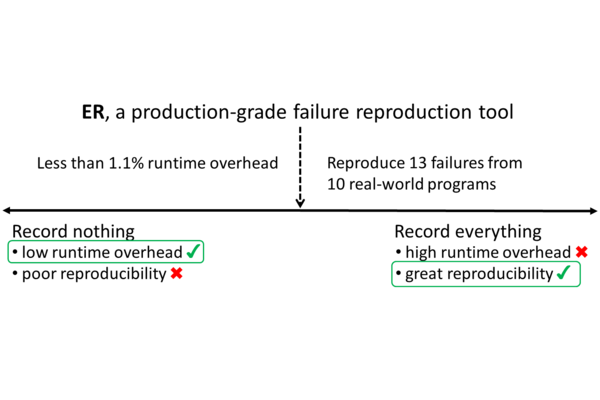Abstract:
The satisfaction of users is only part of the success of a software product, since a strong competition can easily detract users from a software product/service. User churn is the jargon used to denote when a user changes from a product/service to the one offered by the competition. In this study, we empirically investigate the relationship between the issues that are present in a software product and user churn. For this purpose, we investigate a new dataset provided by the alternativeto.net platform. Alternativeto.net has a unique feature that allows users to recommend alternatives for a specific software product, which signals the intention to switch from one software product to another. Through our empirical study, we observe that (i) the intention to change software is tightly associated to the issues that are present in these software; (ii) we can predict the rate of potential churn using machine learning models; (iii) the longer the issue takes to be fixed, the higher the chances of user churn; and (iv) issues within more general software modules are more likely to be associated with user churn. Our study can provide more insights on the prioritization of issues that need to be fixed to proactively minimize the chances of user churn.









































